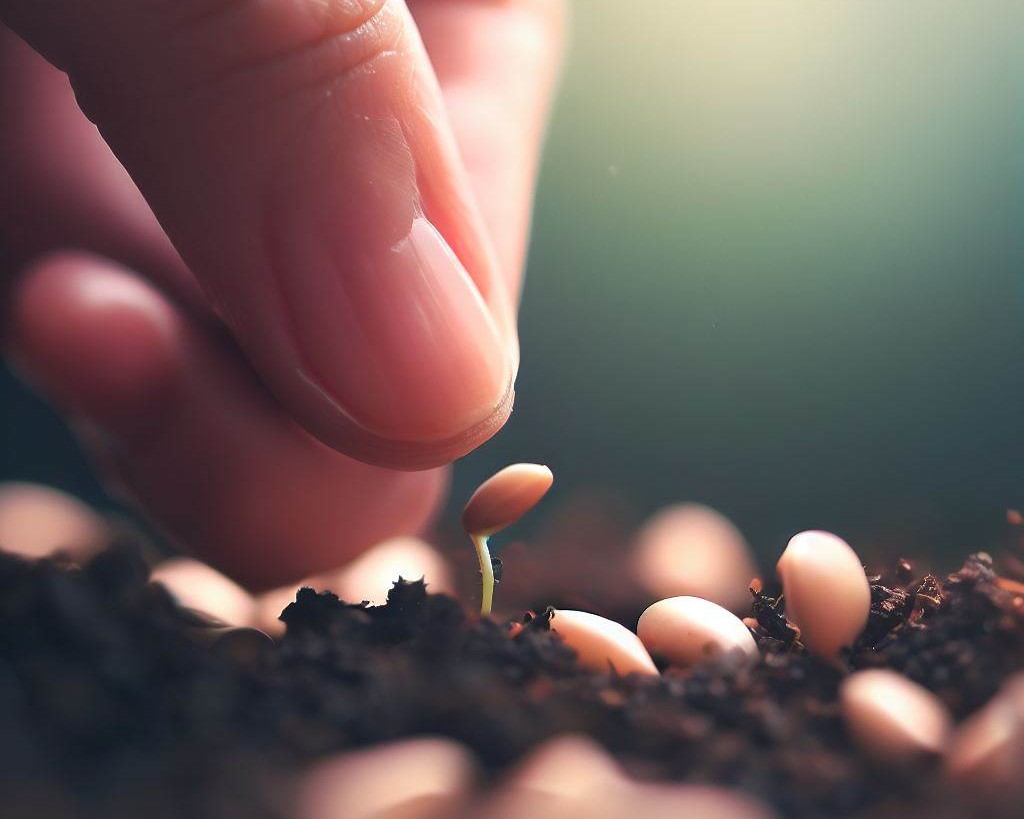
Putting love before pleasure
Modern society has failed to understand what true love is, argues Nicole Law.
Iced or hot chocolate? This or that job offer? Every decision involves it, even though we might not be aware of it. I am talking about something we all possess – free will, the ability to consciously choose what we consider the most appropriate course of action.
We all possess it, but we frequently think – or like to think – we don’t. How often we assume our circumstances are shaped by external factors beyond our control. And while this is partly true, we actually play a much bigger role in the narrative of our lives than we realise.
Each of us is distinct and possesses a personality that is not capable of transmission. Not only are we each an unrepeatable unit, each of us crafts the narratives of our lives by choices only we can make. Latin philosophers define this as alteri incommunicabilis – the idea that no one can substitute his or her act of free will for mine.
I think of the times when I have remarked to friends “She made me act this way” or “He brought out this side of me”. It made the subsequent action on my part inevitable, something I was not responsible for.
It also reminded me of how, in our relations with others, we can be prone to divorcing ourselves from accountability and to ‘surrender’ our free will. Why do we do this? In some sense, it’s easier to remove ourselves from the consequences of our actions and to attribute actions we are not particularly proud of to ‘inevitable circumstances’. It can take a certain degree of humility to admit our own role in the narrative and in the events which follow.

Yet we are not only the subject but also the object of actions. We both influence our environment, including the people around us, and are also objects which are acted upon. When it comes to human relationships, this distinction between subject and object paves the way for how we think about the other person.
We live in a culture imbued with utilitarianism, a thought system which places emphasis on the utility of human activity. We talk about key performance indicators at work, muse about whether a hobby could be a side hustle and if we are ‘maximising’ our time.
This language and its attendant thinking bears out in our approach to human relationships too. We begin to view people through the lens of usefulness. We calculate the time spent with them, strip them down to various attributes and, sadly, start to think about how ‘useful’ they are to us.
We get into casual relationships for the sake of having sex with someone without the label of a committed relationship. We use other people as an emotional support and unload our problems onto them without stopping to ask if they are in the right headspace to listen and empathise.
We not only use objects, like our phones, coffee machines or cars, we start to use people.
When people are reduced to their ‘utility’, we lose the ability to see them as persons deserving of our love. Their value is tied to what they can ‘do for us’ and we start to tread into self-satisfying love, when in fact we were made for much more.
The thing is, we are capable of love. In other words, we are capable of going beyond utility to glimpse the dignity of the human person. Our capacity to love depends on our willingness to consciously seek the good of the other.
But the utilitarian mindset makes us see pleasure as the greatest good, to which everything else is subordinated. We crave pleasure for ourselves and to satisfy our human needs (real or perceived), even at the expense of others.
We might be chasing the ideal of ‘the greatest good for the greatest number’, but who are in that ‘greatest number’? While naturally we always see ourselves among them, others might be considered dispensable.
And can pleasure be the only factor for my decision to act or not to act? In seeking my own pleasure, I can find myself an object of use too for others to derive pleasure themselves.
Two people in a casual sexual relationship may think a relationship with no commitment but which allows each to satisfy his or her physical needs may be a good arrangement. This arrangement however hangs in a delicate balance, as long as the set-up is mutually advantageous to both parties. This fragile ‘harmony of egoism’ starts to fall apart when one party ‘gets’ more out of the situation than the other and we witness ‘use’ instead of ‘love’.
Too often, when we talk about relationships, we are focussed on what we can ‘get’ from it – the dopamine hit, that sense of security and, yes, having someone to spend Valentine’s Day with. If we go into a relationship with the focus being – “What’s in it for me?”, we realise we can substitute the person we are with with anyone, because what we are more concerned with is that person’s ‘usefulness’.
He or she could be any person who is able to provide for our needs. But this reduces persons to objects – where we use them as a means to an end. We may not be aware of it, but it comes to light in the way we date. When we treat a person as an option or as someone we can drop a text to when we need validation or affirmation, we are in effect using instead of loving.
Using is easy, loving is much more difficult.
We have been sold the idea that love is something that ‘happens’ at the opportune time. In reality, it begins as a feeling but matures when the persons involved turn it into commitment through their behaviour. Think of immature love as a small seed. It has the potential to grow, but without regular care it will not be able to develop into a full tree.

How do we then move from using to loving? We first reframe our ideas of the person. Not as an object of use, but as an object of love. When two different people consciously choose a common aim, this puts them on a footing of equality and precludes the possibility that one of them might be subordinated to the other.
Many relationships fall apart when our own individual concerns take precedence over the common aim. We say “I’m tired, she’ll be able to work things out on her own” or “I already did the dishes this week, it’s his turn”. Loving involves pursuing a common aim, consciously.
A common aim exists beyond the realm of my individual needs (or whims). It is something I am co-creating with the person I love. Out of love for my beloved, I will choose to do the difficult but necessary thing. I will wake up earlier to pack him lunch and he will spend time listening to me recount my day.
We both consciously choose a common aim – the good of the other and, in so doing, we choose the path of sacrifice and discomfort. We do not focus on our own individual pleasure but derive pleasure from the happiness of the other.
This idea frames how we live and choose to love. It is a long way from using another, having reached a place where pleasure is no longer the ultimate aim. And neither is loving an act of coercion. I make a conscious decision to love my beloved everyday and not just when it is convenient for me to do so. It is a tough path to follow, but in time, I’ve learned, the only worthwhile one.
This article is part of a series inspired by Pope St John Paul II’s book Love and Responsibility.
Like what you’ve read? Consider supporting the work of Adamah by making a donation and help us keep exploring life’s big (and not so big) issues!
Nicole Law
Nicole Law is a writer for Adamah Media, who writes a column entitled 'Stroll with Nicole'. She is an educator based in sunny Singapore. Her calling is not only to mould young minds, but also to nourish souls through her faith-based podcast. She has a soft spot for burnt cheesecake, Dean Martin and swing dance. When she’s not engaging with her listeners, she’s planning new conversations for her podcast - she believes in the power of conversations and the beauty of our relationships.


One Comment
K
Absolutely! Well-put — this is a message urgently needed for our times. So often, the everyday language of society fosters just such a utilitarian mindset, so it takes conscious effort to opt for a broader, more compassionate stance. Also I’m reminded of how the philosopher Kant said that people should be treated as an end in themselves and never as a means to another end. It’s vital to treasure people as individuals in themselves — thank you Nicole for this timely reminder.